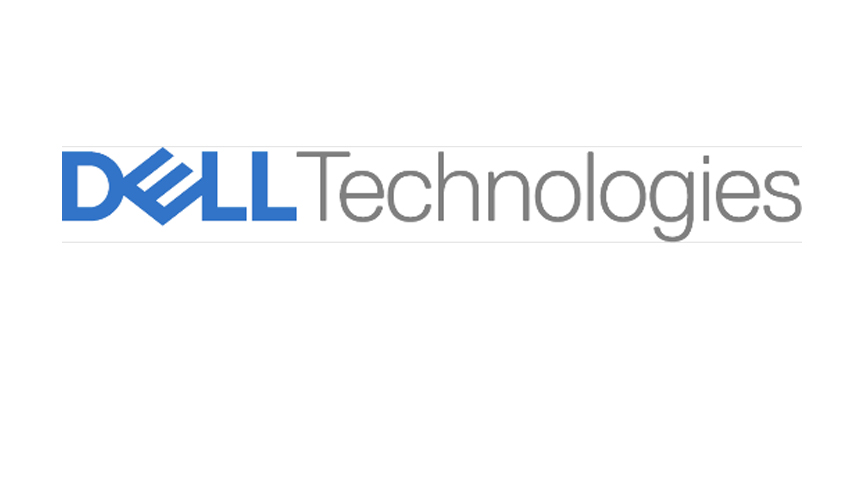Three years ago, Dell talked about the Renaissance of the PC. While the PC has always helped everyone to connect and collaborate, in 2020, at the height of work-from-home and virtual learning, the PC proved to be a critical commodity to all aspects of many people’s lives.
Now, there is another pivotal moment at our fingertips. This time it’s with generative AI (GenAI). The advances we’ll see from GenAI will compare to the introduction of the PC 40 years ago when it brought unseen levels of productivity to the world. But what exactly does this mean for the future of the PC? How will GenAI shape the PC-human experience?
In the near-term, GenAI will influence how we live and work. While there’s still a lot to imagine, AI-enabled PCs are increasingly becoming part of this discussion. We saw how GenAI will unlock new levels of productivity with the announcement of Microsoft Copilot. PCs will collect, collate and create information faster than ever before. This puts ideas at the center, letting users shift their time to creativity, problem-solving and innovation.
“We’re working closely with Microsoft as they roll out new Copilot features (and all Windows 11 users can start realizing these benefits today!),” said Sam Burd, President, Client Solutions Group, Dell Technologies. “But we won’t stop there. You’ll see us focused on being the leading PC provider for the AI era, with additional emphasis and investments centered around intelligence, security and being a trusted end-to-end AI advisor.”
Gen AI will also require PCs that use language modeling, language processing and machine learning capabilities to improve the user experience. Running these AI applications locally on PCs brings a lot of efficiencies like cost effectiveness, improved privacy and security, reduced latency and sustainability benefits. It will also require a new architecture that doesn’t purely rely on the CPU or GPU for processing.
In the long term, future PC will be a true digital partner. PCs will move beyond driving human productivity to driving human performance. This reimagines how users work with the familiar laptop and desktop of today. For example, instead of mostly command-and-control interactions by typing on a keyboard, there will be additional non-text-based ways to prompt technology to have a bi-directional experience between humans and PCs.
Gen AI enables the possibility where PCs can collaborate or co-create with the users through voice, visual commands, and gestures. Future PC will be able to interpret one’s mood, facial expression, tone of voice or even a change in the way one types. The whole experience will transition from searching to prompting, from reading to understanding, from editing to directing.
“It’s exciting to think about what’s to come, not just for devices, but the entire PC ecosystem. We take our cues from human experiences to drive human progress, and our broad portfolio of products, solutions and services will play a critical role in powering this future,” said Burd.
He further explained that the opportunity ahead is unlike anything we’ve seen since PCs were introduced 40 years ago. Between new software developments, new architectures on the horizon, new services capabilities and ongoing explorations that center around human connection and experience, we’re at an inflection point. End-user experiences will change for the better and quicker than ever.
“We’ve been handed an opportunity – go revolutionize the PC experience! And we’re here for it,” closed Burd.











































































































